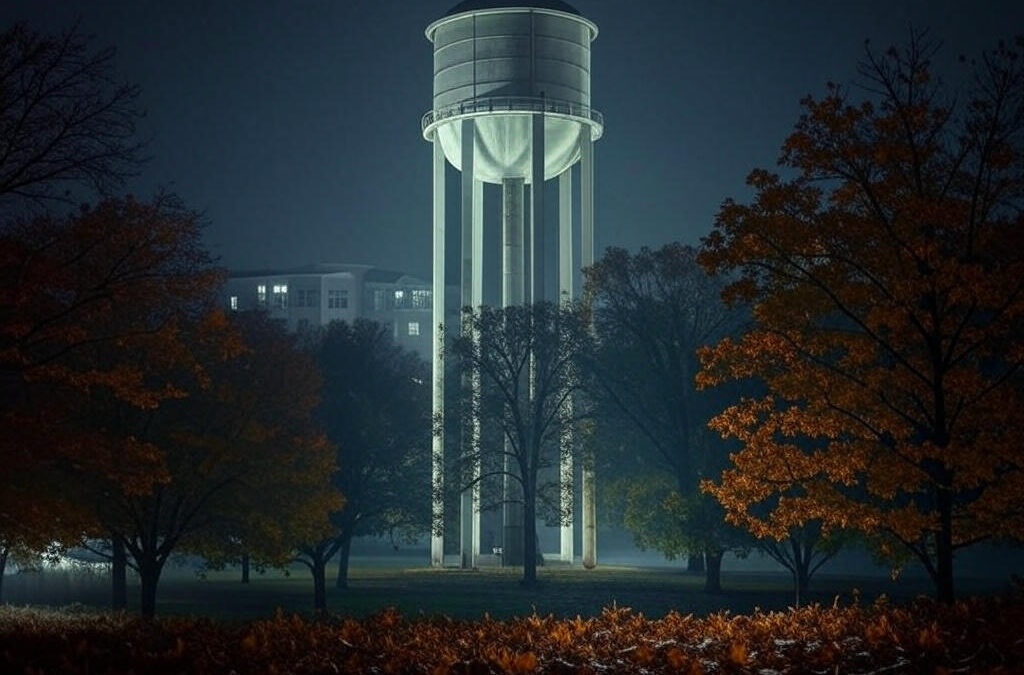(The Center Square) – Wisconsin Gov. Tony Evers is hoping to have $34 million sent to the state Department of Tourism, create a $10 million film incentive program, send $5.9 million to the Wisconsin Arts Board and more in his proposed budget.
This week, Evers touted those proposals along with repeating economic impact numbers related to the recent NFL draft and tourism in the state to justify the spending. But those numbers are repeatedly questioned by economists as those numbers are produced by marketing groups that does not follow economic study principals and are not reputable.
“Viewing what ‘economic impact’ consultants do to be economics is like considering horoscopes to be astronomy,” economist J.C. Bradbury of Georgia’s Kennesaw State University wrote. “Newspapers are smart enough to put horoscopes next to the comics and Dear Abby, while economic impact ‘studies’ get banner headlines on the front page.”
Evers’ office said the claimed 2024 economic impact numbers will be released next month. It also said that the $34 million spent in the last biennial budget on tourism was the “largest increase in marketing and advertising funds for the Wisconsin Department of Tourism in state history.”
One of the larger spending initiatives in the proposed budget is the film incentive program, which is included in Evers’ budget proposal and requires the creation of an Office of Film and Creative Industries in the Department of Tourism to disperse $10 million annually in credits.
The credits would be a 25% nonrefundable credit for wages related to film production and 25% of transferable credit for film-related expenses In the state.
“As governor, I’ve been proud to support Wisconsin’s travel and tourism industry, from creating the Office of Outdoor Recreation in 2019 to supporting capital projects in communities across the state to my new proposal to create an Office of Film and Creative Industries to bring creative endeavors to Wisconsin’s doorstep, and I look forward to continuing to support this critical industry in the years ahead,” Evers said in a statement.
Bradbury has extensively studied Georgia’s larger film credit program, writing in a peer-reviewed paper that the state spent $230 per household on foregone tax revenue because of the initiative, which has cost taxpayers the equivalent of $110,000 per full-time job in the industry without bringing the promised benefits from the program.
“While film production in Georgia may exceed other states, contrary to popular perception, the film industry is not a major driver of economic output or jobs in the state,” Bradbury concluded.
The film tax credit is similar to a proposal for a 30% video game production tax credit in the Wisconsin Legislature.
















